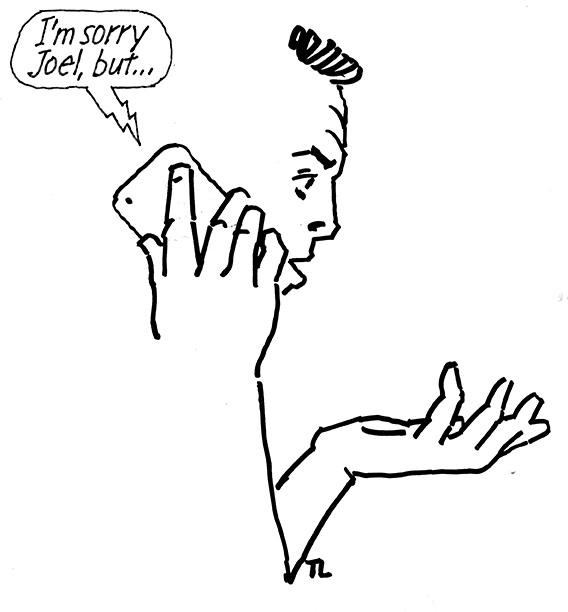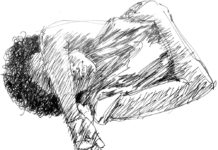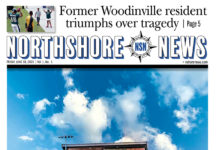By Ted Leonhardt
 Joel wasn’t surprised when he got the call. He appreciated that it was a call, not an email, telling him he’d lost the account.
Joel wasn’t surprised when he got the call. He appreciated that it was a call, not an email, telling him he’d lost the account.
“Joel, I’m sure you know that, with our reorganization, we’ve been directed to consolidate our suppliers,” Renee said plainly, “You know I’ve enjoyed working with you, but this decision is out of my hands.”
Joel’s situation is all too familiar to those who contract with big clients. Try as you might to diversify your client list, there are times when most of your revenue can come from one big one. When that biggie walks out, it’s terrifying.
Sadly, from a client’s point of view, you and your competitors often are viewed as interchangeable. That’s why Joel was so easily replaced.
Rethink your strategy. You must find a way around the commoditization trap. Tap into your own unique combination of talents—the stuff that will make a client think twice before swapping you out for a competitor. Find in those past successes what it is that makes you uniquely valuable.
‘Wait, was it me?’ Don’t be too hard on yourself. In my experience, once we’ve landed an oversized client, our work can lose some of its individuality and joy. The things that made us creative and different can slip away.
They may have noticed a lessening of interest. On the other hand, big corporations need stability and predictability. As a result, we can fall into producing predictable work—work that’s less than inspirational. The loss could be a blessing in disguise and help you get back to your roots.
You also might be left wondering whether your efforts were appreciated. It’s normal to feel personally affronted when a client dumps you, but it’s vital to move beyond the self-recrimination and make sense of what happened. In any case, don’t do anything that could endanger your reputation. Leave the bridges unburned.
Inspire your team. Tell your team what happened, why and what you’re doing about it.
Talk about the good things you learned from the experience. Spell out why you were so easily replaced—without excuses.
Then describe why, together, you hold the key to a better future—one with more control over your destiny.
Conclude with a quick sketch of how you see your team’s talents and experiences as an advantage. Describe how your past successes, presented in a more forceful light, will delight and inspire future clients.
The feelings hurt. In the immediate aftermath of a loss, it’s important to manage your emotional response. Getting that goodbye hits hard, even if you’re prepared for it.
Psychologists know that, thanks to the principle of “loss aversion,” we’ll do almost anything to avoid losing something because that experience is more painful than an equivalent gain. In fact, winning an even better client won’t wipe out your pain from a loss.
Then there’s the loss of friendship. We develop close relationships with significant clients. With a dismissal like this, clients usually distance themselves, in spite of a long and close working relationship. Their distancing isn’t personal. They need to thrive in their corporate environment and must stay focused on their own career to survive.
The credentials stand. Use the experience to your advantage. Chances are the world doesn’t know you just lost your biggest client. A corporate reorg that leaves you out won’t matter to most future prospects. Yes, you lose a big chunk of revenue, but the fact that you made it happen in the first place is a credential that still adds to your reputation.
Fit for the future. As you look for new work, keep in mind that it’s all about fit. Focus on what you do best. Interview prospective clients thoroughly—more thoroughly than before the loss. Look for personalities who value what you do best.
Only take on work that excites you. You’re not right for every client, but you’re just right for a few. Your passion for working with those who fit you best will create real opportunities for sustained success.
Design community veteran Ted Leonhardt now “coaches and consults on behalf of creatives” in private seminars and training sessions. Contact ted@tedleonhardt.com.






